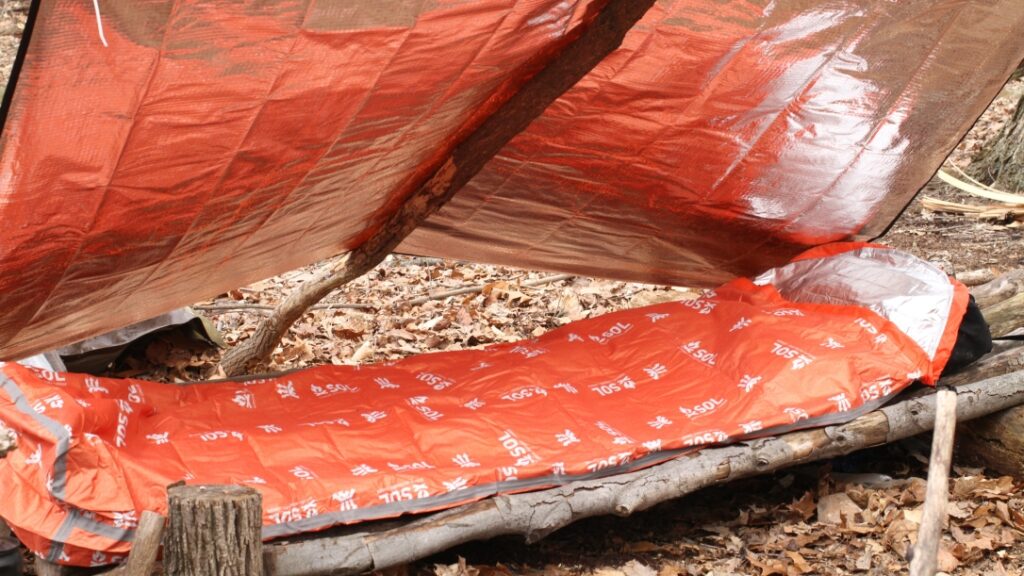I know this subject might seem like an odd addition to the GAT Daily lineup, but bear with me as it is absolutely relevant. Adequate amounts of quality sleep are vital to making intelligent decisions, particularly when you’re under pressure.
While the amount of sleep needed will vary from person to person, each one of us requires some amount of good rest regularly to function well. We’ve all done it — running on just a few hours of sleep, feeling dead on our feet, and relying on coffee to keep us upright until we can clock out for the day. Any new parents out there? Yeah, you know exactly what I mean.
The problem is that habitually getting too little sleep can lead to a bunch of issues, including a weakened immune system, high blood pressure, heart issues, poor memory, and more. If you go too long without proper sleep, at some point, your body is going to just sort of shut down for a while.
Advertisement — Continue Reading Below
Sleep Stages
There are five different stages to sleep, believe it or not.
Stage One – you’re just starting to fall asleep. Breathing is normal, and you have full muscle control as you settle in for what you hope will be some good-quality rest.
Stage Two – your pulse and breathing begin to slow down as you relax. This is what you might call the dozing stage. It’s a very light sleep. As my mom used to put it, “I’m just resting my eyes.”
Advertisement — Continue Reading Below
Stage Three – muscles are relaxed, and breathing and pulse have slowed. You’re fully asleep at this point.
Stage Four – this is where healing truly happens. It’s a deep sleep. When someone reaches this stage, it can be difficult to rouse them quickly.
Stage Five – most people have heard about REM (rapid eye movement) sleep, and this is the stage where that happens. It’s thought that this is when most dreaming occurs.
Advertisement — Continue Reading Below
All of these stages are important, especially the latter ones.
Tips to Improve Sleep
It’s important to do what you can to improve your sleep so that your body and mind are ready to tackle problems when they arise. Remember that you typically don’t get the luxury of choosing ahead of time when stressful situations occur.
Start by putting away your cell phone, tablet, and other devices for an hour or so before bedtime. Read an actual book rather than a screen.
Advertisement — Continue Reading Below

Develop a schedule and try to stick with it as best you can. Go to bed at about the same time every night and get up at the same time every day. As many parents have found when their children were infants, routines help make for an easier bedtime.
Most people sleep best when it is cool, dark, and quiet. Avoid big, heavy meals right before bedtime. Caffeine is also a bad idea.
Advertisement — Continue Reading Below
Sleep Preparedness
With all of that in mind, it wouldn’t be the worst idea to toss into your evacuation kit a sleep mask, earplugs, and such. No matter where you’re evacuating to in an emergency, it won’t be like home. Motels aren’t known for quiet, restful conditions in the best of times. Sleeping on the couch at the home of family or friends might not be much better.

To be crystal clear, I’m not talking about full on “Red Dawn” sorts of survival situations here. I’m referring to scenarios that would involve a local evacuation, such as due to natural disasters like wildfires or extended power outages. These would be situations where you could look to get restful sleep without feeling like you need to post sentries to ward off attacks or some such.
Advertisement — Continue Reading Below















